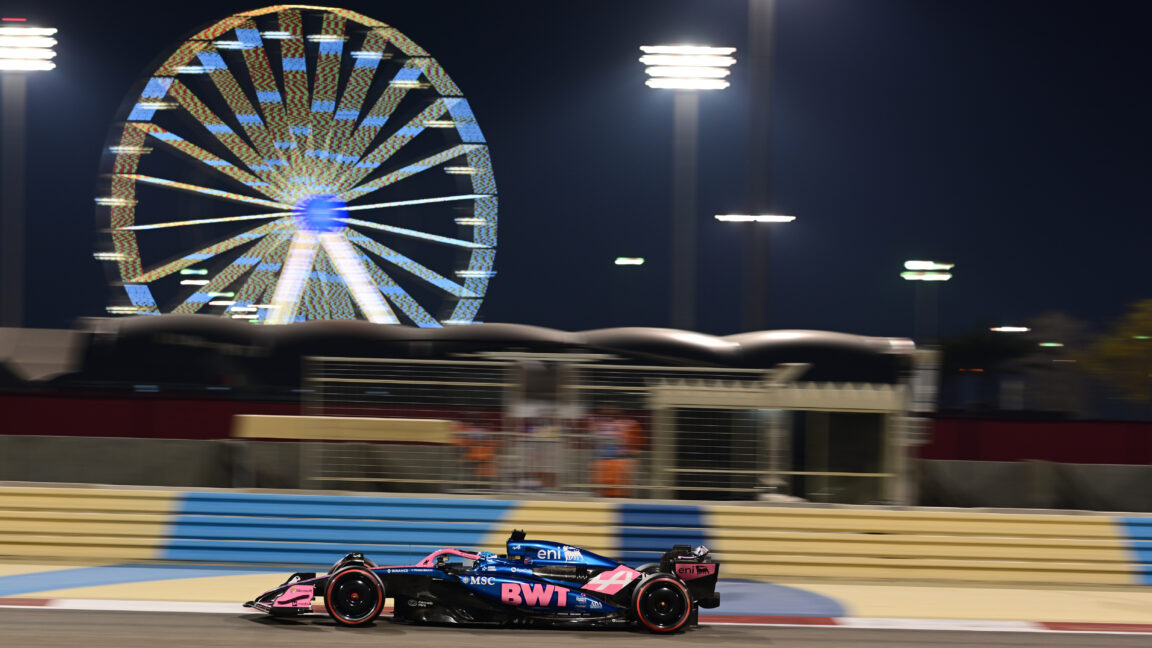
"An ambitious new ruleset goes into effect next year, with an all-new small-capacity turbocharged V6 engine working together with an electric motor that powers the rear wheels."
"F1 is also moving to supposedly carbon-neutral synthetic fuels next year, prompting questions about the viability of non-hybrid engines like naturally aspirated V10s."
The recent Formula 1 race in Bahrain highlighted a turning point for the sport as it prepares to implement a new powertrain regulations next year. The shift to small-capacity turbocharged V6 engines coupled with electric motors aims to enhance hybrid capabilities significantly. Additionally, the move toward carbon-neutral synthetic fuels raises discussions about potentially reverting to non-hybrid systems, particularly V10 engines, amid pressures from teams like Red Bull. Despite the nostalgia for V10s, the current fanbase and automakers remain aligned with hybrid technologies, indicating a sustained commitment to the upcoming ruleset.
Read at Ars Technica
Unable to calculate read time
Collection
[
|
...
]